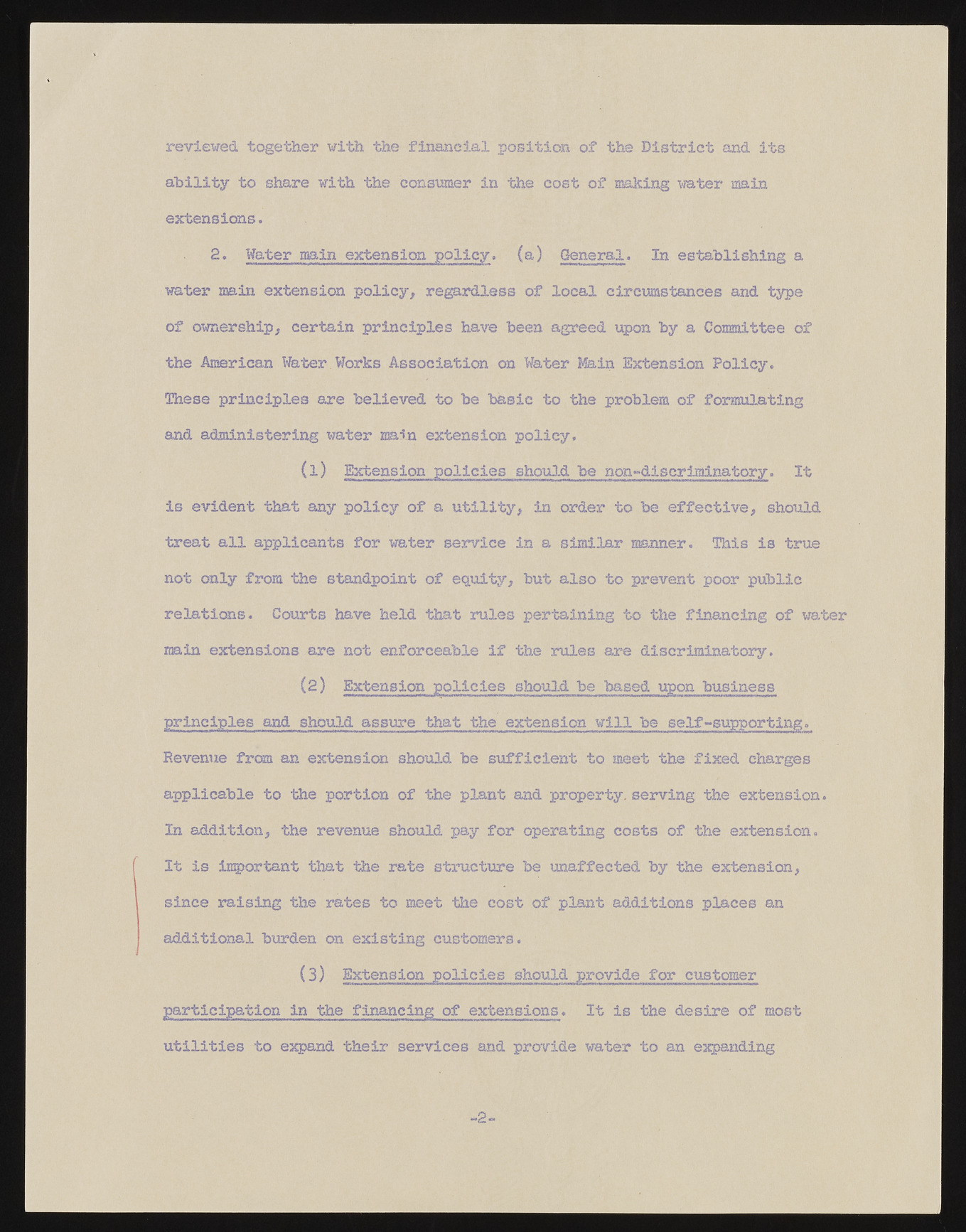Copyright & Fair-use Agreement
UNLV Special Collections provides copies of materials to facilitate private study, scholarship, or research. Material not in the public domain may be used according to fair use of copyrighted materials as defined by copyright law. Please cite us.
Please note that UNLV may not own the copyright to these materials and cannot provide permission to publish or distribute materials when UNLV is not the copyright holder. The user is solely responsible for determining the copyright status of materials and obtaining permission to use material from the copyright holder and for determining whether any permissions relating to any other rights are necessary for the intended use, and for obtaining all required permissions beyond that allowed by fair use.
Read more about our reproduction and use policy.
I agree.Information
Digital ID
Permalink
Details
More Info
Rights
Digital Provenance
Publisher
Transcription
reviewed together with the financial position of the District and its ability to share with the consumer in the cost of making water main extensions. 2. Water main extension policy, (a) General. In establishing a water main extension policy, regardless of local circumstances and type of ownership, certain principles have been agreed upon by a Committee of the American Water Works Association on Water Main Extension Policy. These principles are believed to be basic to the problem of formulating and administering water main extension policy. (1) Extension policies should be non--discriminatory. It is evident that any policy of a utility, in order to be effective, should treat all applicants for water service in a similar manner. This is true not only from the standpoint of equity, but also to prevent poor public relations. Courts have held that rules pertaining to the financing of water main extensions are not enforceable if the rules are discriminatory. (2) Extension policies should be based upon business principles and should assure that the extension will be self-supporting. Revenue from an extension should be sufficient to meet the fixed charges applicable to the portion of the plant and property, serving the extension. In addition, the revenue should pay for operating costs of the extension. It is important that the rate structure be unaffected by the extension, since raising the rates to meet the cost of plant additions places an additional burden on existing customers. (3) Extension policies should provide for customer participation in the financing of extensions. It is the desire of most utilities to expand their services and provide water to an expanding -2

